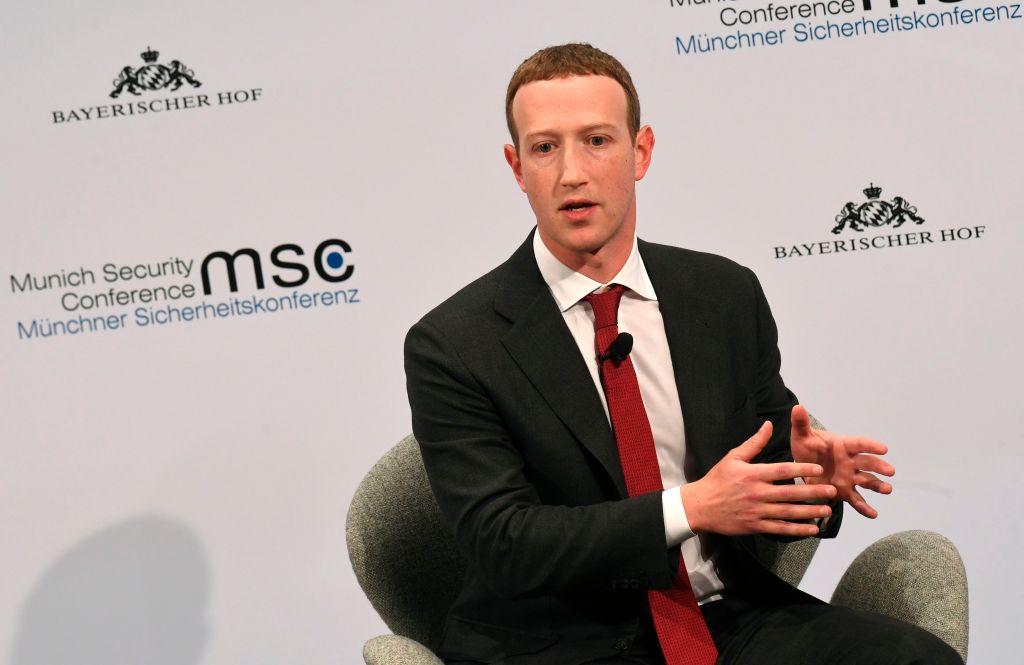Facebook responds to Biden's criticism of misinformation policies, saying only 'elected officials' should dictate campaign rules


A free daily email with the biggest news stories of the day – and the best features from TheWeek.com
You are now subscribed
Your newsletter sign-up was successful
Facebook is pushing back as former Vice President Joe Biden gives its policies a dislike.
Biden's campaign on Thursday asked supporters to sign an open letter to Facebook CEO Mark Zuckerberg demanding he "fix the problems in Facebook's platform that pose a threat to free and fair elections," as reported by The New York Times.
The Biden campaign's letter calls for Facebook to "stop allowing politicians to hide behind paid misinformation" and impose a two-week period before the election where all political ads must be fact-checked before they appear on the site. It also calls for "clear rules — applied to everyone, including Donald Trump — that prohibit threatening behavior and lies about how to participate in the election," also saying Facebook must stop "amplifying untrustworthy content and promptly fact-checking election-related material that goes viral."
The Week
Escape your echo chamber. Get the facts behind the news, plus analysis from multiple perspectives.

Sign up for The Week's Free Newsletters
From our morning news briefing to a weekly Good News Newsletter, get the best of The Week delivered directly to your inbox.
From our morning news briefing to a weekly Good News Newsletter, get the best of The Week delivered directly to your inbox.
In response, Facebook issued a statement saying "we live in a democracy, where the elected officials decide the rules around campaigns," and "just as they have done with broadcast networks — where the U.S. government prohibits rejecting politicians' campaign ads — the people's elected representatives should set the rules, and we will follow them." The company added, "There is an election coming in November and we will protect political speech, even when we strongly disagree with it."
Zuckerberg has repeatedly defended Facebook's decision not to fact-check political ads, and he has in recent weeks also defended leaving up posts by Trump that Twitter slapped with a warning label, including one with false claims about mail-in ballots. Facebook's choice to leave up these recent Trump posts has prompted internal criticism, resignations, and an employee walkout.
According to the Times, Biden's campaign had recently been writing to Facebook calling for changes, but after the recent posts by Trump, it "decided to take its fight public."
A free daily email with the biggest news stories of the day – and the best features from TheWeek.com
Brendan worked as a culture writer at The Week from 2018 to 2023, covering the entertainment industry, including film reviews, television recaps, awards season, the box office, major movie franchises and Hollywood gossip. He has written about film and television for outlets including Bloody Disgusting, Showbiz Cheat Sheet, Heavy and The Celebrity Cafe.
